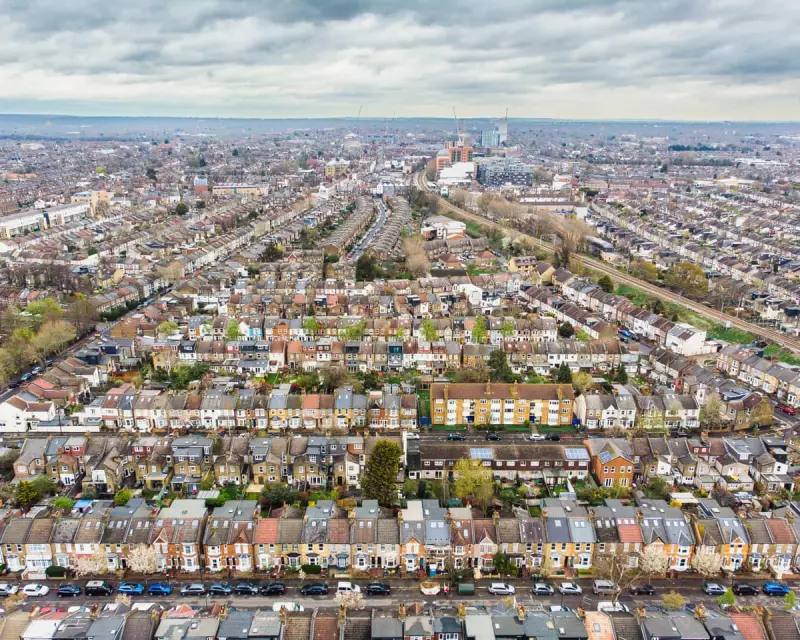
Britain's controversial stamp duty system is facing mounting pressure from top economists who argue the tax has become a major roadblock in solving the nation's housing crisis. New analysis reveals how this property purchase tax is creating gridlock in the market, with devastating consequences for mobility, first-time buyers, and the wider economy.
The Hidden Cost of Moving Home
Unlike most modern property taxes, stamp duty lands as a massive lump sum payment exactly when families can least afford it - at the point of purchase. This creates what experts call the 'moving penalty' - a financial barrier that discourages people from selling their homes and moving to where jobs and opportunities exist.
'Imagine paying thousands of pounds just for the privilege of moving closer to a new job or a better school,' explains one housing economist. 'That's exactly what stamp duty does - it penalises mobility at every level.'
How Stamp Duty Freezes the Property Ladder
The current system creates a domino effect throughout the housing market:
- Empty nesters stay in family-sized homes because moving costs are prohibitive
- Growing families can't afford to upgrade to larger properties
- First-time buyers face reduced supply and higher prices as fewer properties come to market
- Workforce mobility suffers as people cannot afford to relocate for employment
The Economic Impact Beyond Housing
This isn't just a property market issue - the effects ripple throughout the British economy. When people stop moving, numerous industries suffer:
- Removal companies see fewer jobs
- Home improvement stores lose out on renovation spending
- Estate agents and conveyancers face reduced business
- Local economies miss out on the spending power of new residents
A Better Way Forward
Economists propose several alternatives that could revolutionise property taxation in Britain:
The Annual Property Tax Model: Instead of a massive upfront payment, homeowners would pay smaller, regular amounts based on current property values. This spreads the cost and eliminates the moving penalty entirely.
First-Time Buyer Exemptions: Complete removal of stamp duty for those entering the market, giving young buyers the break they desperately need.
Regional Flexibility: Allowing different rates in high-cost areas like London versus more affordable regions.
Why Reform Is Urgent
With housing affordability at crisis levels and economic growth stagnating, economists argue that stamp duty reform isn't just about property - it's about unlocking Britain's economic potential. By freeing up the property market, we could see:
- Increased workforce mobility and productivity
- Better matching of housing to family needs
- More efficient use of existing housing stock
- Reduced pressure on new construction
The message from economic experts is clear: Britain's stamp duty system isn't just broken - it's actively making the housing crisis worse. As one economist starkly put it, 'We're taxing the very mobility that makes an economy dynamic. It's economic self-sabotage.'





